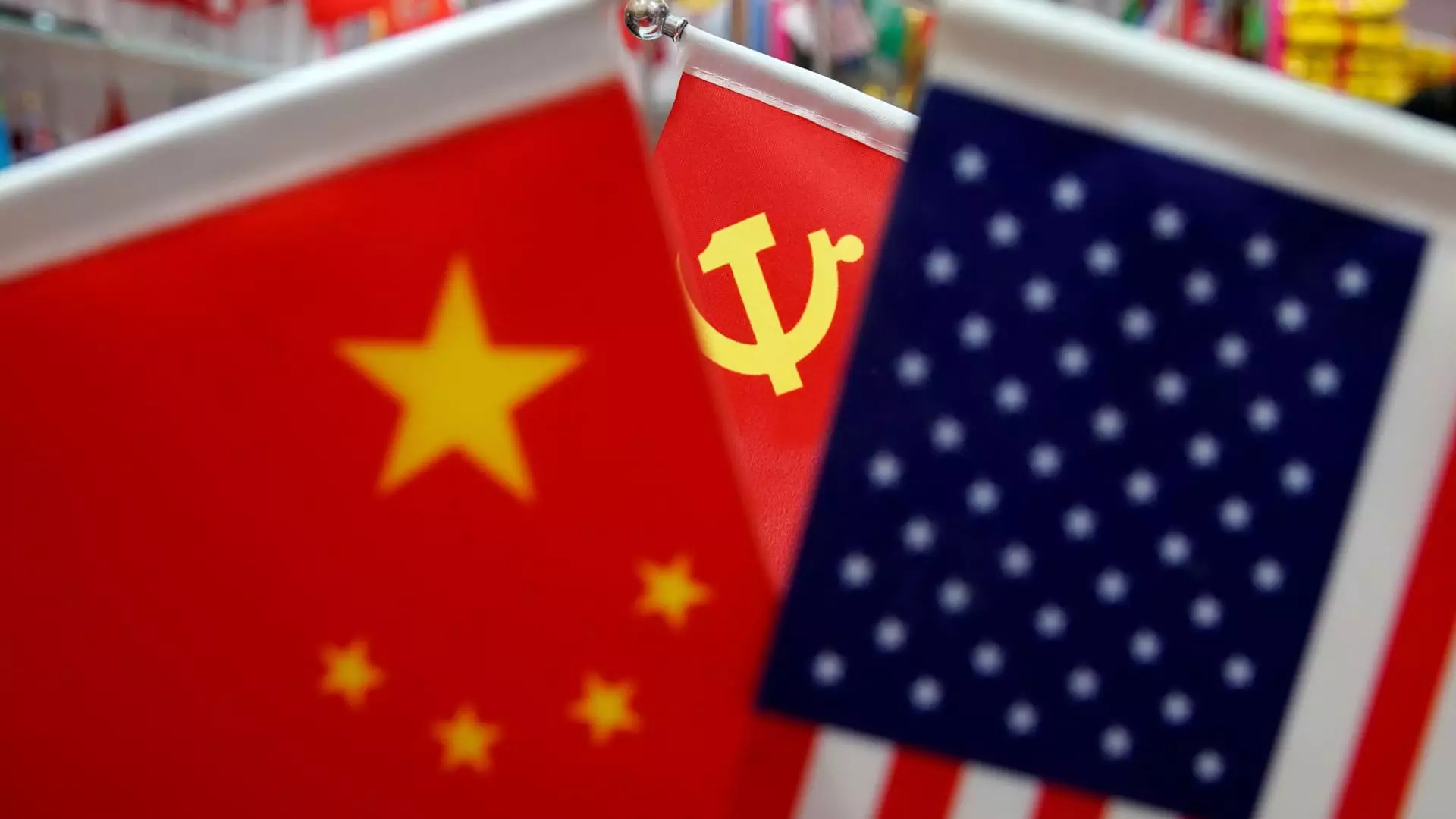The ongoing trade tensions between the United States and China have reached a troubling standstill, marked by a mixture of bravado and uncertainty. President Donald Trump’s assertion that making a deal with Chinese President Xi Jinping is “extremely hard” underscores a significant challenge in U.S.-China relations that goes beyond mere economic calculus. This situation epitomizes a broader diplomatic quagmire: the two nations’ leaders may harbor the desire for dialogue, but are hindered by a complex web of distrust, domestic pressures, and contrasting agendas.
Trump, on Truth Social, referred to Xi as “VERY TOUGH” and noted the difficulties in approaching negotiations, a sentiment many observers would echo. The stark reality is that tougher stances may serve both leaders in the short term yet are detrimental to long-term economic stability. The U.S. and China operate as the largest global economies, and unresolved trade disputes can ripple throughout the world, affecting markets, alliances, and the global supply chain.
Stalled Negotiations and Increasing Friction
Scott Bessent, the U.S. Treasury Secretary, recently admitted that trade discussions are stalling, a confession that reflects the broader sentiment of frustration echoing from Washington to Beijing. Both countries are reeling from the consequences of missed opportunities and unmet expectations tied to a temporary trade agreement reached in May. The anticipated easing of tariffs and China’s response has not materialized, casting doubt on both nations’ commitment to abide by international agreements.
In a climate where mutual suspicion runs high, the Trump administration’s decision to revoke visas for Chinese students compounds an already tense situation. Such actions may be perceived in China as a hostile move, thereby diminishing the chances for amicable negotiations. The Chinese government, represented by Foreign Minister Wang Yi, has voiced their objections to what they deem “groundless measures,” framing U.S. actions as detrimental to bilateral trust. This exchange underscores a critical flaw in contemporary diplomacy: the reliance on punitive measures over cooperative dialogue.
Public Relations vs. Genuine Engagement
A key aspect of this tension is the perception management taking place on both sides. The Chinese government seems to be attempting to portray an image of willingness to negotiate, suggesting that Trump wants to communicate. However, this stance raises questions about authenticity — is China genuinely interested in negotiations, or is it simply engaged in damage control to avoid domestic embarrassment for Xi? Neo Wang, a seasoned economist, suggested that this diplomatic dance is fraught with the risk of miscalculation; if either party steps wrong, it could escalate into more severe confrontations.
Trump’s rhetoric and the potential for a phone call with Xi may create an illusion of progress, yet they are more symbolic than substantive. The underlying realities remain unchanged: divergent national interests, coupled with the lack of sincerity from either leader, risk rendering any sincere talks irrelevant. When diplomatic engagements sound more like public relations maneuvers, the likelihood of genuine progress diminishes.
What Lies Ahead?
Looking forward, analysts are keeping a wary eye on how economic needs will steer the trajectory of U.S.-China relations. The stakes are high, hanging in a delicate balance between economic need and national pride. While both nations know that cooperation is in their best interest, entrenched positions tend to overshadow any desire for compromise. With Trump expressing personal respect for Xi but facing mounting domestic pressures, Wall Street and Main Street alike must prepare for the unpredictable nature of future negotiations.
Amid this backdrop, when U.S. and Chinese officials finally do engage, it will require more than just platitudes or public displays of camaraderie; it will need to involve a serious confrontation of the issues at hand and a commitment to real dialogue. If both nations continue to prioritize posturing over substance, they will likely find themselves in a cycle of escalating tensions, leaving both economies and global markets to fend for themselves against the potential fallout. The challenges of trade relations are, indeed, a symptom of a deeper struggle for mutual understanding that neither side can afford to ignore.

